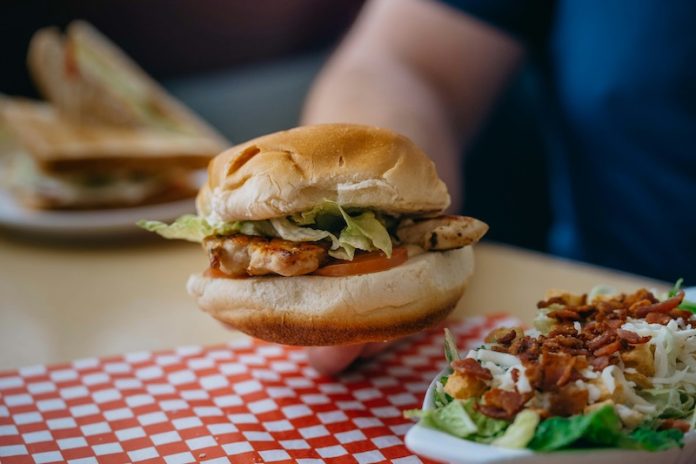
A major study from the University of Oxford has found strong connections between what people eat and their risk of developing colorectal cancer, the third most common cancer in the world.
The research, published in Nature Communications, followed the health and eating habits of over 540,000 women in the UK for more than 16 years. It shows that some foods can raise the risk of colorectal cancer, while others may help protect against it.
Colorectal cancer is on the rise, not just in wealthy countries but also in developing nations where diets and lifestyles are changing.
Because of this, researchers are looking closely at modifiable risk factors—things we can change, like diet and alcohol use—to help prevent this disease.
This large study was part of the Million Women Study and tracked 97 different dietary factors. It also included genetic data to understand how our genes might interact with the foods we eat.
The results confirmed what previous studies have suggested: alcohol and red or processed meats raise cancer risk. For example:
Drinking 20 grams of alcohol a day—about two standard drinks—increased colorectal cancer risk by 15%.
Eating 30 grams of red or processed meat daily—roughly one slice of bacon—raised the risk by 8%.
These numbers may sound small, but over time, they can make a big difference in a person’s overall cancer risk, especially when combined with other unhealthy habits.
On the flip side, the study found several protective foods that were linked to lower cancer risk:
Calcium: A daily increase of 300 milligrams (about one glass of milk) lowered risk by 17%.
Dairy products: Milk and yogurt appeared protective, likely because of their calcium content.
Whole grains: Eating just 20 grams per day (about half a slice of whole wheat bread) reduced the risk by 10%.
Breakfast cereal: One serving a day (about 40 grams) lowered risk by 7%.
Fruits and vegetables also helped:
-
- An apple’s worth of fiber (5 grams) reduced risk by 8%.
- A cup of fruit (200 grams) lowered risk by 10%.
- Leafy greens providing 100 micrograms of folate daily lowered risk by 12%.
- 100 milligrams of vitamin C—the amount in one orange—reduced risk by 10%.
Interestingly, the study also found a genetic clue: people with genes linked to drinking more milk had a 40% lower risk of colorectal cancer for every 200 grams of milk they consumed daily. This suggests that calcium may protect the gutby neutralizing harmful substances like bile acids.
While this study adds powerful evidence that diet matters, the researchers also pointed out that people who eat more fruits, whole grains, and dairy often have other healthy habits too—like exercising more or smoking less—which can also reduce cancer risk. So, while diet plays a key role, it’s part of a bigger lifestyle picture.
The team cautioned that although calcium seems helpful, more research is needed to confirm how safe and effective higher calcium intake is in the long term.
Overall, this study strongly supports the idea that small, everyday changes in what we eat can help prevent colorectal cancer. The message is clear:
Cut back on alcohol and processed meats.
Eat more calcium-rich foods, such as milk and yogurt.
Include more whole grains, fruits, vegetables, and vitamin-rich foods in your daily meals.
While genetics and other factors still matter, this research highlights that what we put on our plates could make a real difference in lowering the risk of this common cancer.
If you care about cancer, please read studies that low-carb diet could increase overall cancer risk, and new way to increase the longevity of cancer survivors.
For more health information, please see recent studies about how to fight cancer with these anti-cancer superfoods, and results showing daily vitamin D3 supplementation may reduce cancer death risk.
Copyright © 2025 Knowridge Science Report. All rights reserved.



